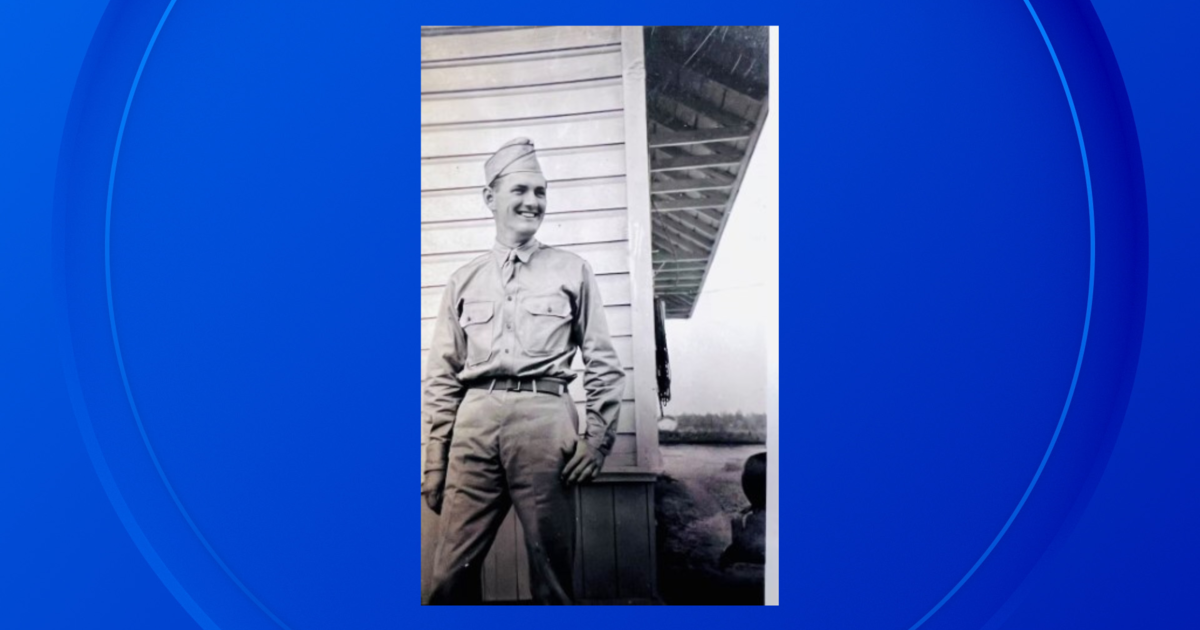Analysis: Dems Headed For The Rocks Early On
 Michigan Democrats started 2010 with their main candidate for governor withdrawing from the race, donors feeling the pinch of the poor economy and the drag of Gov. Jennifer Granholm's unpopularity hanging around their necks.
Michigan Democrats started 2010 with their main candidate for governor withdrawing from the race, donors feeling the pinch of the poor economy and the drag of Gov. Jennifer Granholm's unpopularity hanging around their necks.
The national mood of voter unrest that swept through many states Tuesday played a large part in the shellacking Democratic candidates took in Michigan, when Republicans swept the governor, secretary of state, attorney general and state education board seats while winning control of the state House and a majority on the Michigan Supreme Court.
Even without that sea of unrest, signs that Democrats were headed for the rocks were apparent early on.
Last December, Lansing Mayor Virg Bernero said Lt. Gov. John Cherry couldn't get elected governor because he hadn't distanced himself enough from Granholm, who at the time had a 70 percent negative job rating.
Although Cherry was the clear Democratic front-runner throughout 2009, Bernero apparently voiced what many party activists were thinking. Cherry withdrew from the race just five days into 2010, saying he hadn't been able to raise the money he needed to run the expensive television ads crucial to his campaign.
That set Democrats scrambling. Prominent Democratic officeholders such as former Detroit Mayor Dennis Archer, Wayne County Executive Robert Ficano and U.S. Rep. Bart Stupak declined to run. Former Genesee County Treasurer Dan Kildee dropped out after failing to get unqualified support from labor unions. Businesswoman and University of Michigan Regent Denise Ilitch and Major League Baseball executive Robert Bowman, a former state treasurer, said the timing wasn't right.
Bernero, who was largely unknown outside Lansing and had little money, then got into the race, as did House Speaker Andy Dillon. The lawmaker from Wayne County's Redford Township was confident his southeast Michigan base, ties to business groups - and their money - and moderate views would make him the Democratic nominee.
But Dillon's opposition to abortion and clashes with unions over public employee health care led unions to give Bernero their support and campaign donations. Bernero won the Aug. 3 Democratic primary by 18 points, even though he'd never had the money to run a single television ad of his own, relying instead on ads attacking Dillon paid for by the Genesee County Democratic Party.
Republican venture capitalist Rick Snyder, meanwhile, watched as his four opponents attacked each other and split the party's conservative voters. He was able to draw on enough moderate Republicans, independents and even Democrats to win the GOP nomination.
By early August, Snyder already had run $2.3 million in TV ads touting himself as ``one tough nerd,'' a political outsider who could end the gridlock in Lansing and spur businesses to create more jobs. The multimillionaire businessman donated $6.1 million to his primary campaign, enabling him to keep up a steady succession of ads portraying himself as an upbeat problem-solver.
The Michigan Democratic State Central Committee went after that image with a vengeance in September, unleashing a series of ads that talked about how computer maker Gateway Inc. had sent most of its jobs abroad while Snyder served on its board of directors.
The ads slightly increased Snyder's unfavorability rating. But Bernero had the same problem after the Republican Governors Association ran ads criticizing him with the help of a $5.4 million Michigan Chamber of Commerce donation. While over half of voters had a favorable opinion of Snyder the week before the election, only 35 percent felt that way about the mayor.
Bernero's union backers donated to his campaign and to state party efforts to assist him, mailed out campaign literature, called voters and knocked on doors on his behalf. With the help of the party, Bernero was able to put up nearly as much in TV advertising as Snyder and the governors association, $5 million versus $5.4 million.
But Bernero couldn't match Snyder in fundraising, and the state Democratic Party couldn't raise as much as the state GOP. Between Aug. 23 and Oct. 17, Snyder raised $3.5 million from private donors; Bernero raised only $744,000, while getting $1.1 million in public funds. During the dash from the primary to the general election, Bernero just never had the money to catch up to his better-known rival.
Bernero also had to deal with Democratic apathy and a swing by independents toward the GOP. Without Barack Obama on the ballot, Democratic voters who didn't know much about Bernero or the other new faces running for secretary of state, attorney general and the state's high court simply weren't energized.
Around 300,000 fewer Democrats voted Tuesday than voted in the 2006 gubernatorial election, according to political strategist Ed Sarpolus. Only 31 percent of voters in Detroit - reliable Democratic territory - went to the polls, down from 37 percent four years ago. Democratic candidates got their first inkling of how bad Tuesday would be when only 500 people turned out for former President Bill Clinton's Detroit campaign stop with Bernero 10 days before the election.
Democrats might have put up a better showing in the governor's race if they'd faced a more conservative candidate such as Cox or Hoekstra. Michigan Democratic Chairman Mark Brewer said it was a difficult year to please an angry and volatile electorate, especially when the Democrats were at a financial disadvantage. He said that ``an enormous influx of corporate money ... was certainly a factor.''
So were the seeds of discontent with Democrats that could be seen as early as January. Now, the party must live with Snyder's 18-point victory and the reversal of so many of its 2008 gains.
(Copyright 2010 by The Associated Press. All Rights Reserved.)



